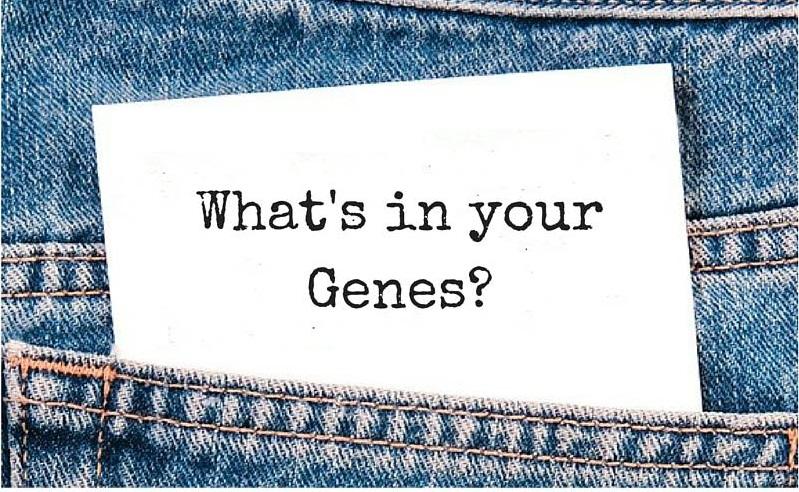Opinion
Weaving Jewish Genetics into our Communal Conversations
By Becca Bakal and Jason Rothstein
Information about Jewish genetic health remains a niche topic in our communities, in synagogues, in Jewish schools, and sometimes even in the doctor’s office. In the late 20th century, at the dawn of the genetic testing era, this was unfortunate. Today, with genetic medicine firmly part of the mainstream, it is inexcusable. Just as we have integrated information about nutrition, exercise, heart health, and other such topics into our Jewish communal settings, we must do so with genetic health.


Almost 150 years have passed since Dr. Waren Tay and Dr. Bernard Sachs first described a deadly neurodegenerative disease found more frequently in Jewish families, and almost 50 years since community screening for individuals at risk of having children with Tay-Sachs disease commenced. Over time, this screening has evolved and improved. Today, usually with just a saliva sample, these tests can find carriers of hundreds of genetic disorders, including dozens linked to Jewish heritage.
And yet, many members of our community still don’t know that they are at risk, or how the interplay of genetics and Jewish heritage plays a role in their future family’s health.
Even if they are familiar with recessive Jewish genetic disorders like Tay-Sachs disease, many individuals are unaware that their Jewish ancestry can be linked to cancer risk. Genetic mutations in the BRCA1 and BRCA2 genes are ten times more common in persons of Ashkenazic Jewish descent, and lead to significantly higher lifetime risks of breast and ovarian cancer, male breast cancer, prostate cancer, pancreatic cancer, and melanoma – cancer risks that impact people of all genders, not just women.
While some doctors make it their mission to educate their Jewish patients about their genetic health risks, we cannot rely on the medical establishment to empower us with this information. We must pass it on as we do with so many aspects of our shared Jewish heritage.
Several organizations provide education on Jewish genetics, including the Norton & Elaine Sarnoff Center for Jewish Genetics, Sharsheret, the Jewish Genetic Disease Consortium, JScreen, Jnetics, the Victor Center for the Prevention of Jewish Genetic Diseases, and the Minkoff Center for Jewish Genetics.
These specialized organizations have a role to play in educating our community, but it is not enough to have these resources. Education about Jewish genetic health should be integrated at the community level in a sustainable way.
To that end, the Sarnoff Center recently developed a set of free, turnkey lesson plans to educate the community about Jewish genetic health risks. These new educational toolkits support educators, clergy, and lay volunteers in delivering innovative Jewish genetics programming and classes. The kits include lesson plans, activities, and presentations geared toward ages 12+. They can be used for virtual or in-person programming.
The Sarnoff Center piloted the toolkits over the past two years in Chicago area synagogues, JCCs, religious schools, summer camps, and a Jewish day school. Pilot participants reported increased knowledge of Jewish genetics and intention to take preventive health actions. Facilitators appreciated the adaptable plug-and-play curriculum. These pilots identified opportunities to strengthen the kits, resulting in a tried and tested published version.
The Sarnoff Center is committed to helping communities succeed in raising awareness about Jewish genetics through free technical assistance.
Interested persons and organizations can register to receive the kits at the Sarnoff Center’s website. We also welcome anyone to reach out to us for more information by contacting Becca Bakal at RebeccaBakal@juf.org.
We hope these toolkits will contribute to a larger effort to weave genetic health into the fabric of our community conversations, and we look forward to reporting in the future about the impact of these efforts.
Becca Bakal, MPH is Program Manager of Health Education at the Norton & Norton & Elaine Sarnoff Center for Jewish Genetics; Jason Rothstein, MPH is the Center’s Executive Director.











